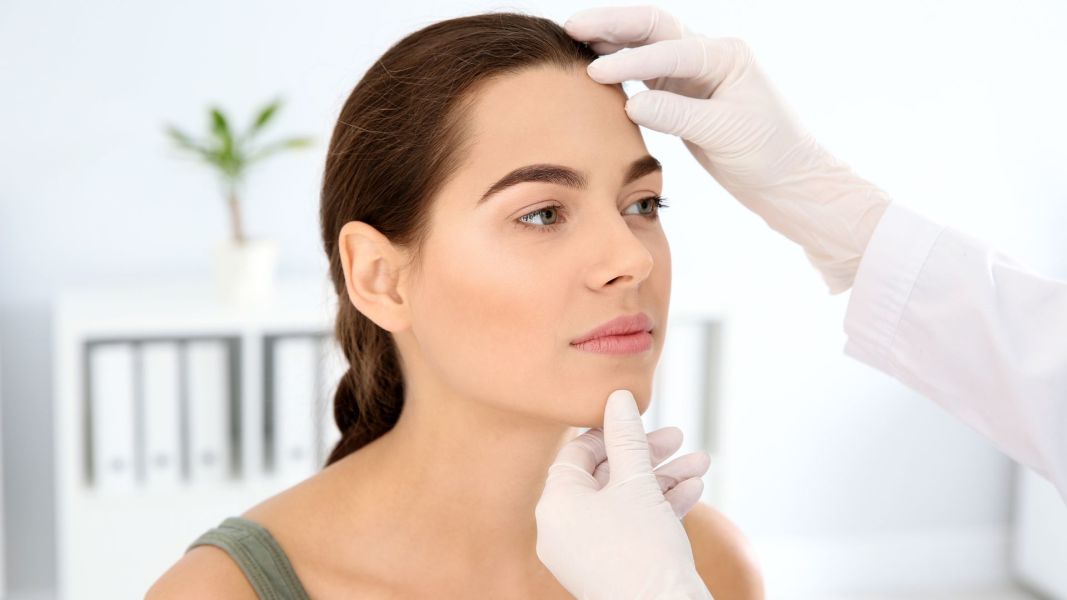Acne is a common skin concern that affects people of all ages. From teenagers dealing with hormonal changes to adults struggling with stress or diet, acne can be frustrating and often impacts self-confidence. While many products and treatments promise to reduce acne, few address the root causes of this skin condition. One emerging solution that has caught attention is collagen supplementation. But how exactly does it work, and can it really help with acne?
In this article, we’ll explore the connection between collagen and acne reduction, and how this powerful protein can contribute to healthier, clearer skin.

What is Collagen, and How Does It Work for Your Skin?
Collagen is the most abundant protein in the human body and is a major component of skin, hair, nails, and connective tissues. It provides the structural framework that supports your skin’s firmness and elasticity. However, as we age, the body’s natural collagen production decreases. This leads to fine lines, wrinkles, and sagging skin. Collagen isn’t just about anti-aging—its benefits go far beyond that, including its potential to improve acne-prone skin.
Collagen for Acne Reduction: How Does It Help?
Acne develops when hair follicles become clogged with excess oil, dead skin cells, and bacteria. It can also occur due to inflammation and stress, which increases oil production. Here’s how collagen and acne reduction are linked.
Collagen for clearer skin:
Collagen is essential for the regeneration of skin cells. When acne scars or active breakouts occur, collagen helps repair damaged skin and encourages the production of new, healthy skin cells. Reduces Inflammation
One of the primary causes of acne is inflammation, which is triggered by factors like hormonal fluctuations, diet, and stress. Collagen contains amino acids like glycine and proline, which have natural anti-inflammatory properties.
Supports Skin Hydration
Dry skin can actually trigger excess oil production as the skin tries to compensate for the lack of moisture. Collagen helps maintain proper skin hydration by supporting the dermis (the layer beneath the skin). Well-hydrated skin is less likely to produce excess oil, reducing the likelihood of clogged pores and acne formation.
Can Collagen Supplements Help Reduce Acne?
While collagen’s natural presence in the body supports healthy skin, sometimes our collagen levels need a boost. This is where collagen supplements for skin health come into play. Supplementing with collagen peptides has become a popular way to promote skin health and reduce acne-related issues.
Regular collagen supplementation can help replenish the skin’s collagen reserves, improving its texture and tone. For reducing acne with collagen these supplements prove really effective in a shorter period of time.
Natural Ways to Boost Collagen for Acne Reduction
- Consume Collagen-Rich Foods
To naturally boost collagen production, start by incorporating collagen-rich foods into your diet. Bone broth, fish skin, and egg whites are all excellent sources of collagen. - Take Collagen Supplements
If you’re looking for a more direct approach, collagen supplements are an easy and effective way to enhance collagen intake. - Include Vitamin C in Your Diet
Vitamin C is essential for the synthesis of collagen. Without it, your body cannot produce collagen efficiently. Including vitamin C-rich foods like oranges, strawberries, and bell peppers in your diet will support collagen production and improve skin health. - Avoid Excessive Sun Exposure
Too much sun exposure can break down collagen in the skin and worsen acne. Protect your skin by wearing sunscreen and avoiding direct sunlight during peak hours.
How Long Does It Take to See Results?
When you begin supplementing with collagen or eating more collagen-rich foods, you might not notice immediate changes. It typically takes 4 to 8 weeks for collagen to make a noticeable difference in your skin health. During this time, your body is regenerating skin cells and supporting tissue repair.
Final Thoughts
While collagen alone is not a cure for acne, it plays an important role in improving overall skin health. By promoting skin healing and supporting hydration, collagen helps create the ideal environment for acne-free skin.
If you’re looking for collagen supplements for skin health consider Vitauthority’s premium collagen products that can help you achieve smoother, more radiant skin. Start your journey to acne-free skin today!

Founder Dinis Guarda
IntelligentHQ Your New Business Network.
IntelligentHQ is a Business network and an expert source for finance, capital markets and intelligence for thousands of global business professionals, startups, and companies.
We exist at the point of intersection between technology, social media, finance and innovation.
IntelligentHQ leverages innovation and scale of social digital technology, analytics, news, and distribution to create an unparalleled, full digital medium and social business networks spectrum.
IntelligentHQ is working hard, to become a trusted, and indispensable source of business news and analytics, within financial services and its associated supply chains and ecosystems












